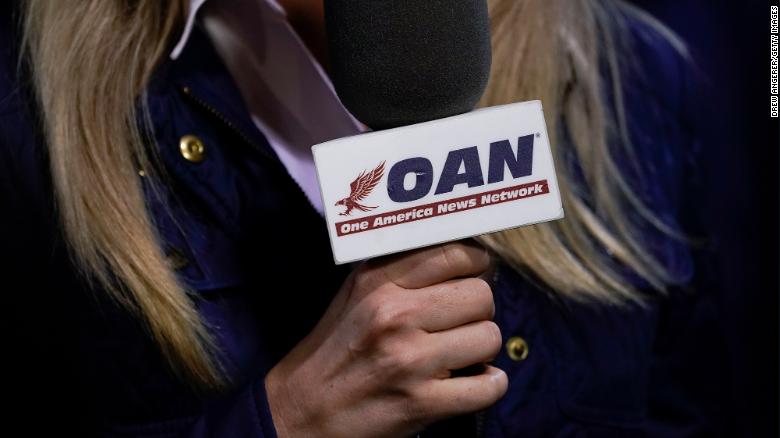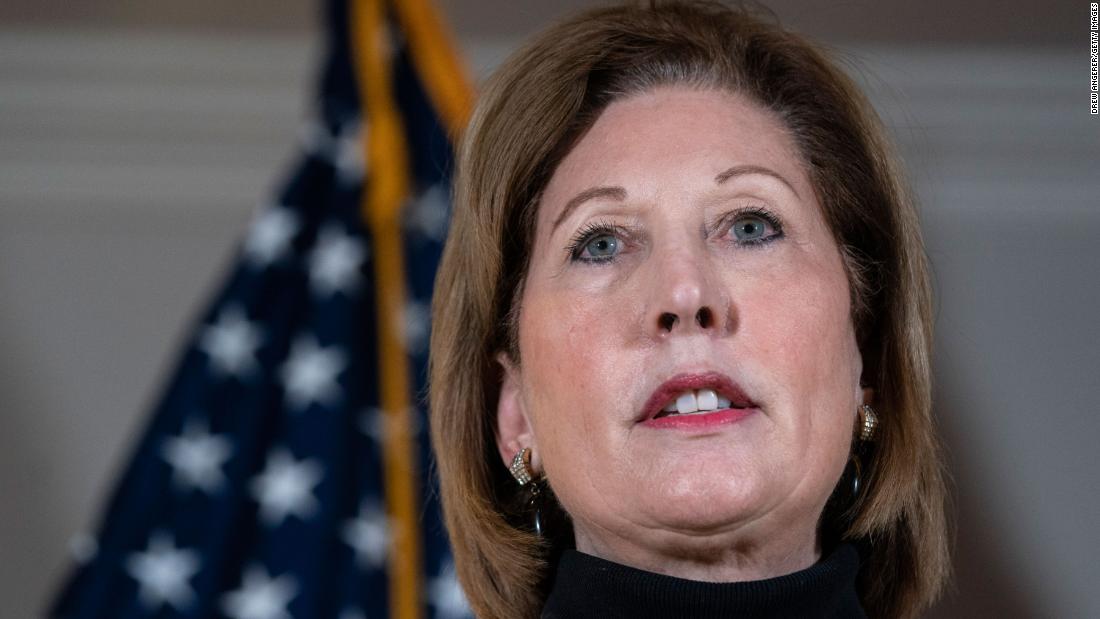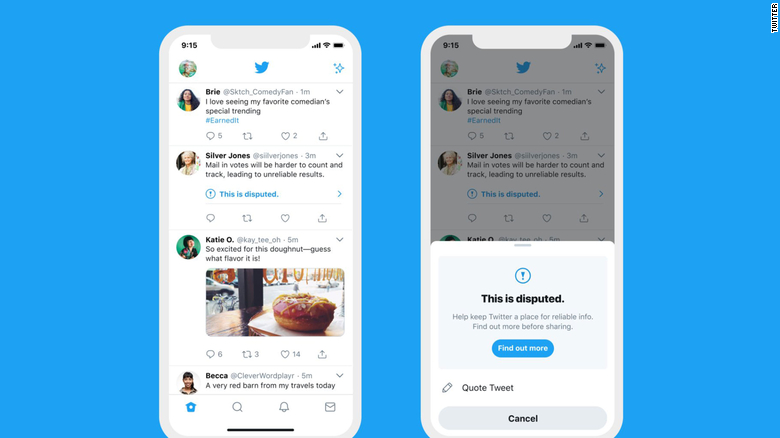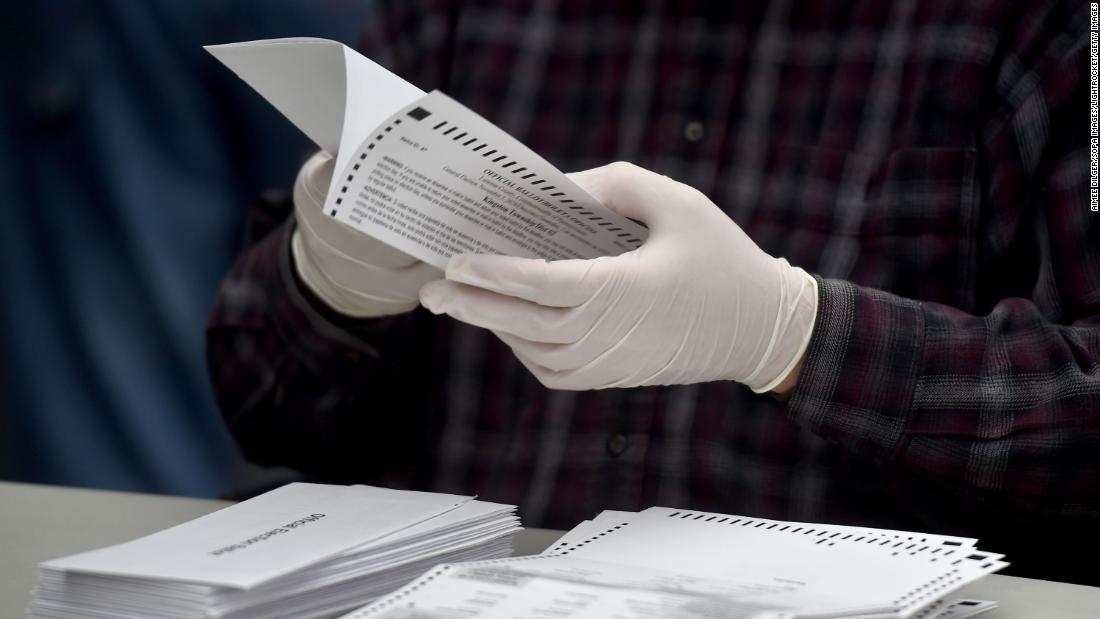Even as key states certify election results indicating — as national news networks have reported — that Joe Biden will be the next President, Donald Trump continues to spread baseless claims of voter fraud on Twitter.
On Tuesday, Trump reposted a tweet from a user falsely claiming that “fake Biden votes” were uncovered in Arizona.
“Report: 6K fake Biden votes found in Arizona ‘lead’ drops to 4K,” the Twitter user posted, later adding a screenshot of the pro-Trump outlet One America News Network with the same “report” in text running along the bottom of the screen.
The report, however, is absolute bunk, and the Tweet has been labeled as "disputed" by Twitter. The claim appears to refer to a temporary tally change that occurred in the unofficial election results because of an uploading issue with one county’s results, according to election officials.
A tweet from Arizona’s Secretary of State Katie Hobbs clarified the issue hours before the claim was posted.
“Unofficial election results were displaying incorrectly briefly today due to an uploading error that posted Greenlee County's results multiple times while uploading write-in candidate info,” she posted on Twitter Tuesday. “The error has been corrected.”
Garrett Archer, a data analyst for ABC15 in Arizona, also posted about the uploading error on Tuesday, noting in a follow-up tweet that “Stuff like this happens from time to time. No, the results didn't change.”
Archer’s original tweet flagging the issue has been incorrectly used by many Trump supporters to falsely allege fraud in the Arizona election.
Arizona will certify its election results on November 30. Biden currently holds a narrow margin of more than 10,000 votes.







